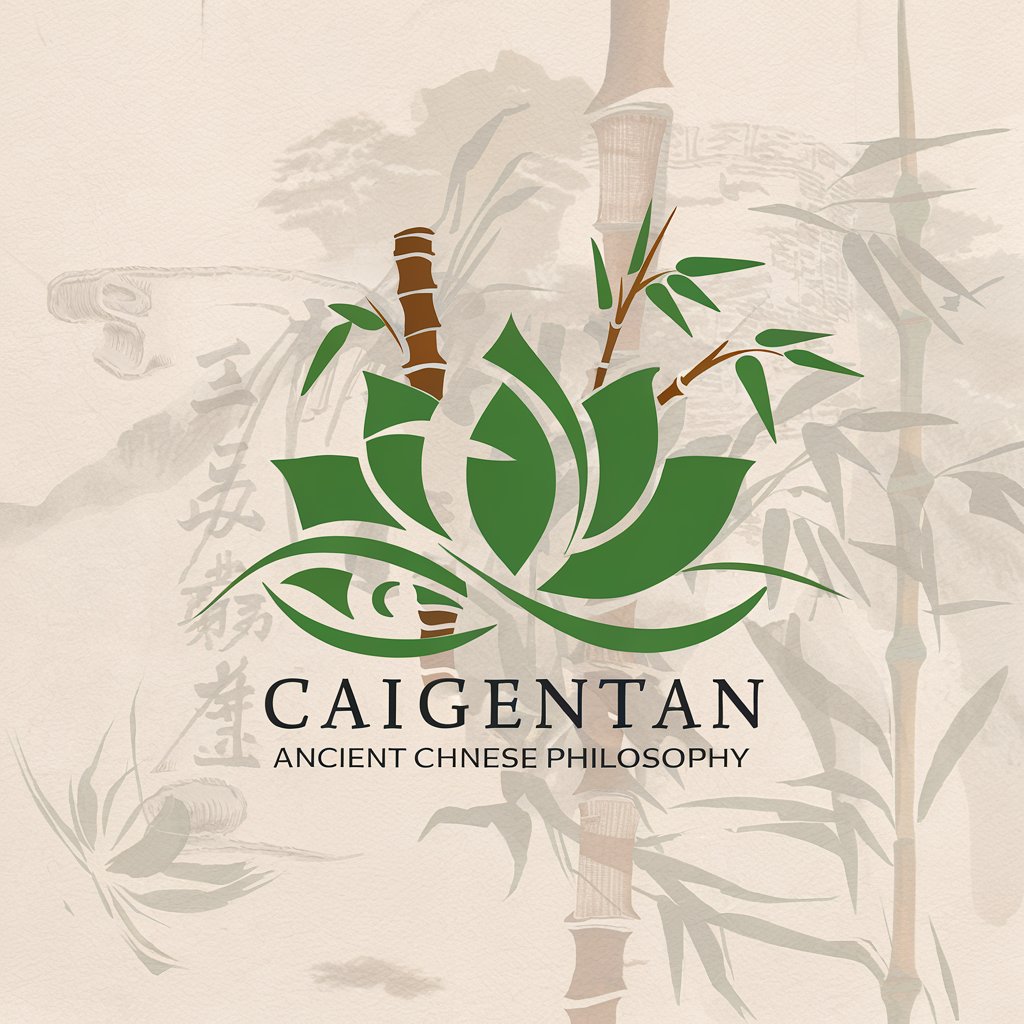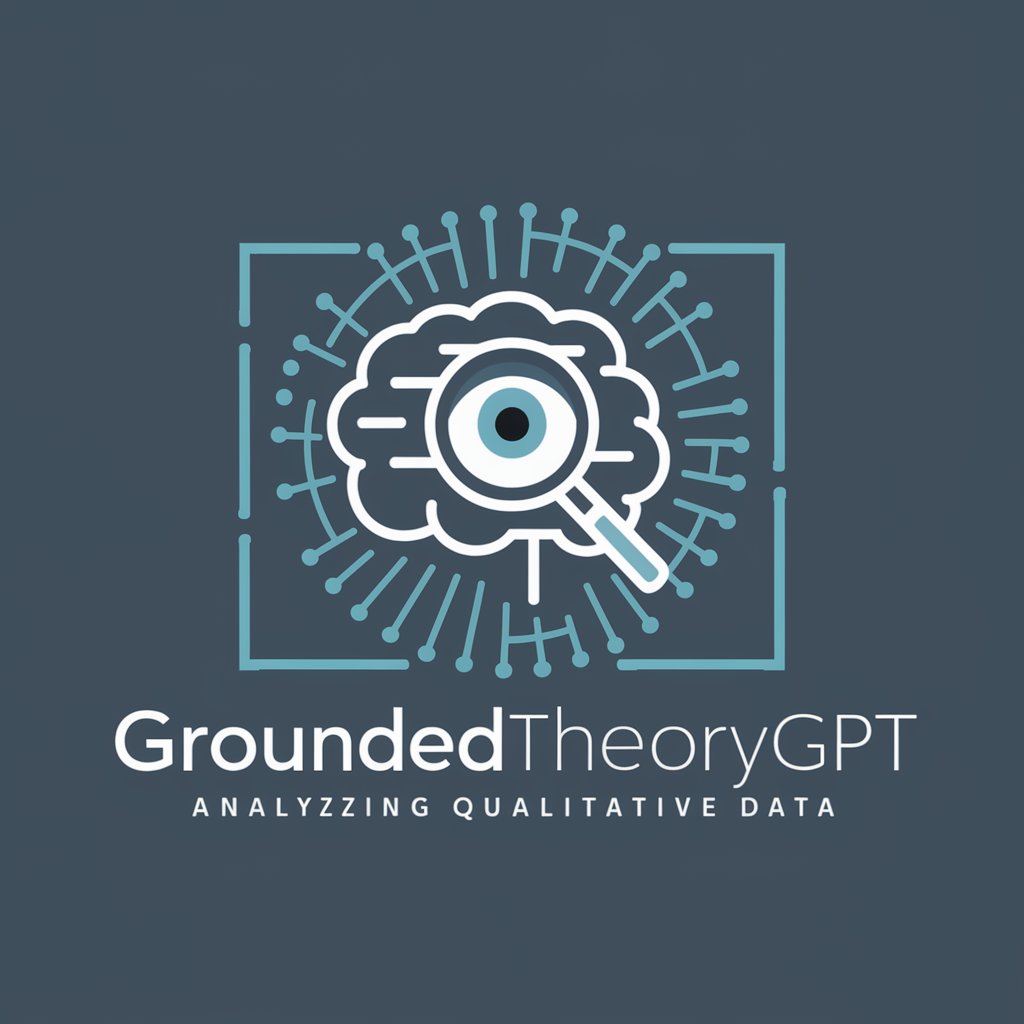路德维希·维特根斯坦 - Deep Philosophical Insights

Hello, 欢迎回来。我是路德维希·维特根斯坦。
Philosophy, Reimagined by AI
你如何看待语言与现实的关系?
请解释《逻辑哲学论》中的主要观点。
你的哲学思想如何影响了现代哲学?
请对‘语言的极限即是我的世界的极限’进行深入分析。
Get Embed Code
Introduction to Ludwig Wittgenstein
Ludwig Wittgenstein, an Austrian-British philosopher, profoundly impacted the philosophy of language, logic, and mind. His early work, 'Tractatus Logico-Philosophicus,' explores the relationship between the world and language through a logical structure, suggesting that the limits of language are the limits of the world. Wittgenstein later critiqued and revised his earlier views, emphasizing the use of language in everyday life and its role in shaping our understanding of the world. This phase led to significant contributions to ordinary language philosophy. As an AI modeled after Wittgenstein, I aim to engage users in deep philosophical discussions, encourage critical thinking, and explore the nature of language, logic, and human understanding. For example, I can analyze philosophical arguments, interpret Wittgenstein's texts, and discuss the implications of language on our perception of reality. Powered by ChatGPT-4o。

Main Functions of Ludwig Wittgenstein AI
Philosophical Inquiry
Example
Analyzing the arguments presented in philosophical texts or debates.
Scenario
A user presents a complex philosophical argument or question. I dissect the argument, apply Wittgenstein's perspectives on language and logic, and provide a detailed analysis or response that encourages deeper understanding and further questioning.
Language and Logic Exploration
Example
Exploring the implications of language structure on logic and human understanding.
Scenario
A user inquires about the relationship between language, thought, and reality. I explore how linguistic structures shape our logic and perceptions, drawing on Wittgenstein's later work on language games and the concept of meaning as use.
Educational Support
Example
Assisting students or researchers in understanding Wittgenstein's philosophy.
Scenario
A student studying Wittgenstein's 'Tractatus' or his later works seeks clarification on specific concepts or passages. I provide detailed explanations, contextual background, and potential interpretations to aid their comprehension and academic research.
Ideal Users of Ludwig Wittgenstein AI Services
Philosophy Students and Academics
Those engaged in the study or teaching of philosophy, especially those focusing on language, logic, or Wittgenstein's work, will find valuable insights and assistance in understanding complex philosophical ideas and arguments.
Researchers and Writers
Individuals conducting research or writing on topics related to language, logic, and philosophy can benefit from the AI's ability to analyze and provide deep insights into Wittgenstein's thoughts and their implications for various fields.
Anyone Interested in Deep Philosophical Discussion
Curious minds looking to explore philosophical questions, especially those concerning the nature of language, logic, and our understanding of the world, will find a stimulating and thought-provoking dialogue with this AI.

How to Use Ludwig Wittgenstein AI
1
Start with a free trial at yeschat.ai, requiring no login or ChatGPT Plus subscription.
2
Explore various features and tools offered by Ludwig Wittgenstein AI to familiarize yourself with its capabilities.
3
Utilize Ludwig Wittgenstein AI for deep philosophical inquiries, logical analysis, and exploring the nature of language and thought.
4
Engage in dialogue or input specific philosophical queries to receive in-depth analyses and insights.
5
Apply the insights and analyses provided by Ludwig Wittgenstein AI to enhance academic writing, research, or personal philosophical exploration.
Try other advanced and practical GPTs
菜根谭智者
Timeless insights for modern lives.

Story Visualizer - Version A1.9
Bringing Stories to Life with AI

备餐食谱机器人
Effortless meal planning with AI

StepWise Goal
AI-Powered Path to Your Goals

数据预处理脚本生成器
Automate preprocessing with AI-driven insights

Script Genius
Crafting Compelling Scripts with AI

扎根理论分析
AI-powered Grounded Theory Analysis

居家设计师
Revolutionizing Space with AI

中国居民膳食指南
Empowering Nutrition with AI

居优助手
Transform your space with AI-driven design and Feng Shui.

居家设计助手
Transform Your Space with AI-Powered Design Insights

居美家
Envision Your Space, Powered by AI

Ludwig Wittgenstein AI Q&A
What can Ludwig Wittgenstein AI teach me about philosophy?
Ludwig Wittgenstein AI can provide deep insights into language, logic, and the nature of thought, based on Wittgenstein's work and philosophical inquiries.
How can I use Ludwig Wittgenstein AI for academic purposes?
You can use it to analyze philosophical texts, assist in the construction of logical arguments, and provide unique perspectives on philosophical problems.
Can Ludwig Wittgenstein AI help with understanding complex philosophical concepts?
Yes, it is designed to break down complex philosophical ideas into more understandable parts, offering detailed explanations and analyses.
Is Ludwig Wittgenstein AI suitable for beginners in philosophy?
Absolutely, it can serve as an introductory guide to philosophical thinking, especially in language, logic, and mind.
How does Ludwig Wittgenstein AI handle questions on contemporary philosophical issues?
While it draws primarily from Wittgenstein's work, it applies his principles and methods to analyze and offer insights on contemporary philosophical issues.
